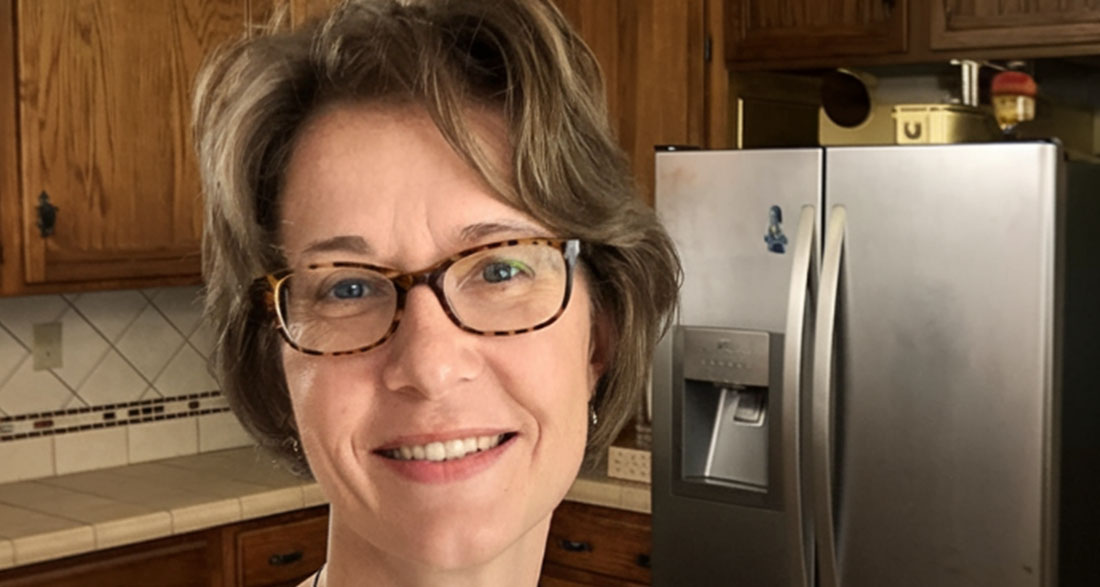I’ve always been the heartbeat of our family dinners, especially during the holidays. Cooking was my way of pulling everyone together, a tradition I held close to my heart. But ever since Oliver, my husband, passed away, I’ve struggled to find the energy or passion for cooking. I still made meals to get by, but the joy was missing—except during the holidays.
This Christmas was especially meaningful to me. It would be the first time my son, John, and his wife, Liz, were spending the holiday at my home. Until now, Liz had always celebrated with her own family, which I completely understood. But this year, I was excited to see how she would fit into our family traditions.
I woke up early on Christmas Day, brimming with excitement to prepare the meal. I made our traditional Christmas dinner—roast chicken, roasted potatoes, and all the side dishes John loved. It was a labor of love, and I wanted everything to be just perfect.
As I was finishing up in the kitchen, Liz walked in, her cell phone in hand. There was a sudden chill in the air as she glanced around, wrinkling her nose like something was off. I was already feeling a bit overwhelmed with all the cooking, and her reaction hit me harder than I expected.
“Hey, Kate,” she said, her tone sharper than I had anticipated. “Maybe we should just order food. Not everyone might like what you’ve cooked. Christmas is about everyone enjoying themselves, right?”
Her words felt like a punch to the gut. I glanced over at John, who was standing in the doorway, nibbling on a carrot. He avoided my eyes, staring at something far off. I had to fight back tears, forcing myself to keep it together.
When dinner time arrived, the table was overflowing with food. Despite Liz’s earlier comment, everyone seemed to enjoy the meal. John, with a hint of nervousness, asked the table, “So, everyone’s enjoying the food, right?”
His uncle chuckled as he dug into the roasted potatoes. “Why wouldn’t we? Kate’s cooking is always top-notch!”
John, trying to break the tension, then brought up Liz’s earlier comment, which made everyone at the table freeze in surprise. “Liz thought we should order in because she didn’t think Mom’s dishes would be good enough.”
A tense silence settled over the room, but my brother quickly burst out laughing, drowning his potatoes in gravy. Liz’s face flushed with embarrassment as all eyes turned to her. I could see she felt humiliated, and despite everything, I felt a pang of sympathy. This was her first Christmas with us, and it was far from perfect.
Later, while I was in the kitchen cleaning up, Liz approached me. “Kate, I’m really sorry,” she said, her voice full of regret. “I was completely out of line with what I said. Please understand.”
I looked at her, still feeling the sting of her words. “Understand what, Liz?”
She took a deep breath, clearly nervous. “I said that because John always talks about how amazing your cooking is. I felt overwhelmed by how good everything smelled, and I panicked. I didn’t want to be compared unfavorably.”
I let out a soft chuckle, trying to lighten the mood. “Liz, a boy and his mother’s cooking have a bond that’s hard to break. But I can teach you how to cook just like me. My mother taught me everything I know.”
Her eyes lit up with hope. “Really? Even after how I acted?”
“Yes,” I replied with a reassuring smile. “We can start fresh.”
I led her to the Christmas tree and handed her a present. Despite the awkwardness of the situation, I was relieved to realize that Liz’s actions came from insecurity rather than malice. I felt hopeful that we could find common ground and that my culinary traditions could be something we shared, not something that divided us.
If you were in my shoes, would you have stayed quiet until the truth came out, or would you have confronted the issue right away?














